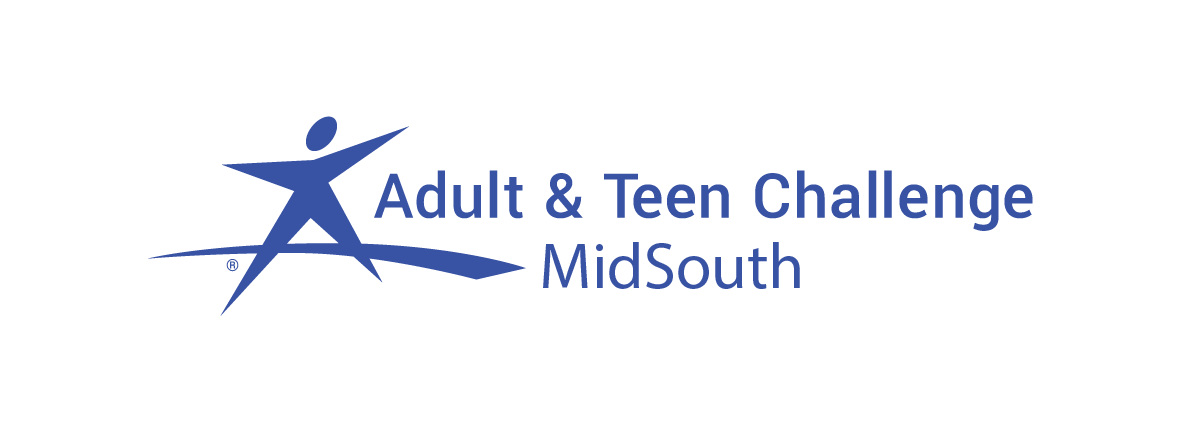Family Resources
Addiction and Life-controlling Issues
What is addiction? Addiction is a progressive loss of control due to the use of a substance or behavior. The user becomes obsessed with the substance or behavior despite adverse consequences. They often deny the existence of a problem if confronted.
There are problems besides drugs and alcohol that have the potential to do as much damage as substance abuse. In fact, substance abuse is often symptomatic of much deeper life-controlling problems, such as lifestyle addictions. Lifestyle addictions cover a wide array of issues that affect many people such as poor self-image, violence and anger issues, eating disorders, and sexual addiction. People struggling with these issues can also benefit from an addiction recovery program.
Our Christ-centered approach offers the time and space for those who are struggling to experience God’s love and grace.
Am I Being Manipulated?
Boundaries
Delusion
Drug Abuse Intervention
Enabling
Enabling behavior, simply put, shields people from experiencing the full impact and consequences of their behavior. Enabling is different from helping and supporting in that it allows the enabled person to be irresponsible.
Forgiveness
Living With Guilt
Losing Control
Raise The Bottom
Restoring Trust
They Won't Love Me
When People Hurt You
When They Don't Want To Help
Good Parents, Prodigal Kids
Suggested Reading - BOOKS
Suggested - WEBSITES
TEEN CHALLENGE USA: The Teen Challenge national office has many helpful resources as well as contact information and answers to many of the questions you may have about Teen Challenge.

